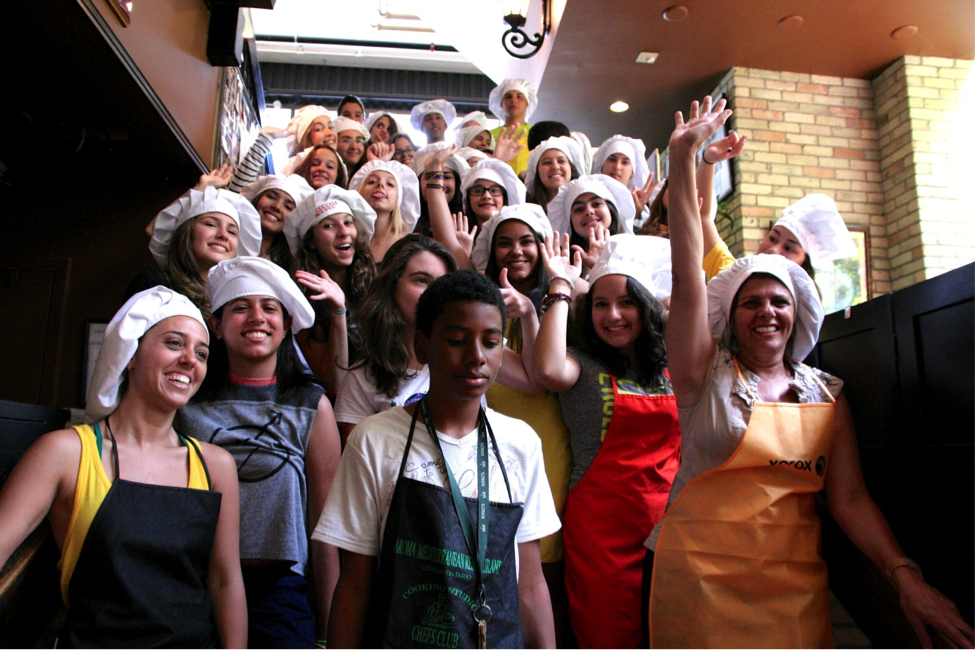5 Foods to Stay Energized While you Study English in Canada

From poutine to beaver tails to ketchup chips, many Canadian foods might not seem all that healthy. But staying healthy while studying in Canada isn’t as hard as students might think. In fact, Canada is a top producer of plenty of energizing and healthy foods!
Here are some of our top picks, and why you might want to try them while you study English in Canada.
B. C. Wild Salmon: A Top Brain Food for ESL Students
Salmon is a well-known brain-fortifying food packed full of vitamins, minerals, and protein. It’s also rich in omega-3 fatty acids – an essential fatty acid known for boosting brain function and lowering blood pressure.
In Canada’s western province of British Columbia, wild salmon are still abundant and a significant part of its economy. They are a key indicator of the local ecosystem’s wellbeing and are valued by Canada’s coastal people as an important cultural resource.
Blueberries: A Healthy Fruit for Students at ESL School in Canada
When it comes to antioxidant packed fruit, wild blueberries often take the cake. These little berries are full of beneficial phenols, anthocyanins, and flavonoids. They’re also a top Canadian fruit crop. In fact, Canada is the second-biggest producer and exporter of blueberries in the world!
During the summer months, many Canadians visit local farms where they can pick their own blueberries directly from the bush. But, even during the cold winter months students at ESL school in Canada can enjoy frozen blueberries in a smoothie or cooked into a warm pie.
Saskatoon Berries: The Next Superfruit
Saskatoon berries are a lesser known fruit native to Canada’s prairie provinces. It looks like a blueberry, and tastes like a combination of grapes, cherries, and almonds. At the same time, this little berry is becoming more and more popular across Canada and around the world.
Some people even think it might be the next big “superfruit” – making it a top food for students to try at English as a second language school in Canada.
Pemmican: An Energy-Rich Food for Busy Students
Pemmican is one of Canada’s oldest traditional foods, and also one of its most energy-dense. Pemmican was first made by the Cree and Chipewyan First Nations people. It was made by grinding dried bison, caribou, elk, or moose meat into a powder, mixing it with melted fat, and sometimes adding dried berries for added flavour.
This energy-dense protein bar would last well during the harsh winter months, and was a favourite among the country’s first fur-traders. Even today, this protein packed food is still sold in some specialty stores in Canada.
Maple Syrup: A Potential New Superfood to try While You Study English in Canada
Even though this sweet syrup isn’t often seen as a health food, new studies have found that maple syrup might actually be good for you. Researchers discovered over 50 compounds in the sweet stuff. And, much to the surprise of many, several of those compounds have beneficial properties – from antioxidants to anti-cancer and anti-inflammatory properties. Some researchers even think that maple syrup could help reduce the effects of Type 2 diabetes – making this popular Canadian sweetener a potential new superfood!

Do you want to study English in Canada?
Discover how CultureWorks helps prepare students for university in Canada!

